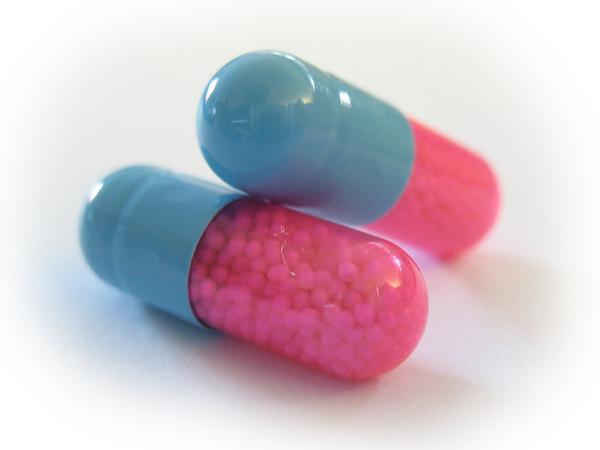Placebos work. Evidence from many sources shows that medically inert substances when enrobed in an appropriate presentation make us feel better. OK, not so much for treating cancer, but often for “chronic stress-related” conditions it helps if not cures. Placebos are fake medicine, but not fake care.
A recent NY Times article delves into our current exploration of placebos, finding what hormones and chemical messengers are altered when a placebo is given to a patient. We are applying science’s reductionist ways using brain scans and blood to uncover “an ensemble of biochemical processes…The molecules, in other words, appear to be emerging.” And if a placebo changes our biochemistry and behavior then, in this world of increasing productivity, we might include it in every medicine we make. But here’s the thing, the magic is not in the placebo, it is in the presentation, and in the name of productivity and efficiency healthcare systems are making the presentation impossible.
Placebo – Latin for “I shall please.”
There is a ritual to medical care, as there is for many cultural touchstones like eating with family or friends, or a handshake when making a deal. The popular media has reduced health’s rituals to a few iconic images, white-coated doctors have now been replaced by those wearing scrubs, but the amulet of the stethoscope can still be seen dangling around necks, and of course, there are the moments of physical contact, the squeeze of the hand or the lingering meaningful eye contact.
But, in truth, medical care, any care, begins with sitting down, focusing on the person in front of you and asking how can I help you today? And if you do it often enough and with the same people, a therapeutic relationship emerges. And while therapeutic relationship or Dr. Well’s favorite term “continuity of care” sound so technocratic and soulless, that ritual driven moment is at the heart of caring. There is no healthcare without care.
“the rituals embedded in the doctor-patient encounter … are fundamental to the placebo effect, and … embody an aspect of medicine that has disappeared …”
I wrote recently about how patients viewed emergency departments (ED) and urgent care centers, let’s call them by their nicknames, docs in a box. For patients, those docs in the box were big on service; the EDs, big on confidence in the healthcare provided – so patients recognize a difference. But more and more, for reasons of scale and efficiency, we are forcing docs into the box, stripping them of their power to care, leaving them only with the ability to treat.
Once again, lost in translation
As a healthcare provider, I am interested, intellectually, in how “Rituals trigger specific neurobiological pathways that specifically modulate bodily sensations, symptoms, and emotions.” As a physician, emotionally, I want those rituals, they serve a purpose of making my work in easing dis-ease easier and more effective. It is ironic in an article on placebos that so much space is given to the nuts and bolts, the neurobiology, and so little to what emerges. The experts feel that the nuts and bolts make the placebo effect more palatable of physicians, but that is a strawman argument, physicians already know the power, and limitations, of the act and rituals of caring.
The real damage of relative value units, electronic medical records, and the mistaken belief by third-party payers (along with some physicians and patients) that doctors can be readily substituted for one another is that we are stripping care of its rituals and presentation. And no, looking at a computer screen will not be a new ritual to replace eye to eye contact, nor will the scribe making notes, or the 15-minute patient slots in the schedule. Placebos are about the act of caring; there is great irony in our new found scientific interest in how it works when we are so busily removing its power in the name of efficient, scalable healthcare services.
“Don't it always seem to go That you don't know what you've got' Till it's gone”
Source: What if the Placebo Effect isn’t a trick? New York, Times




